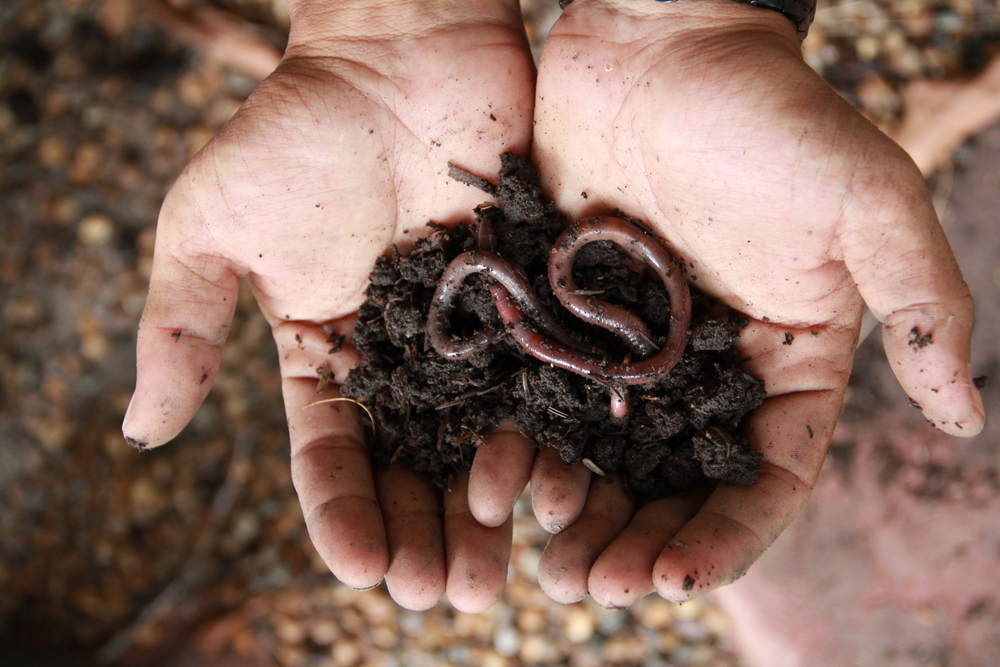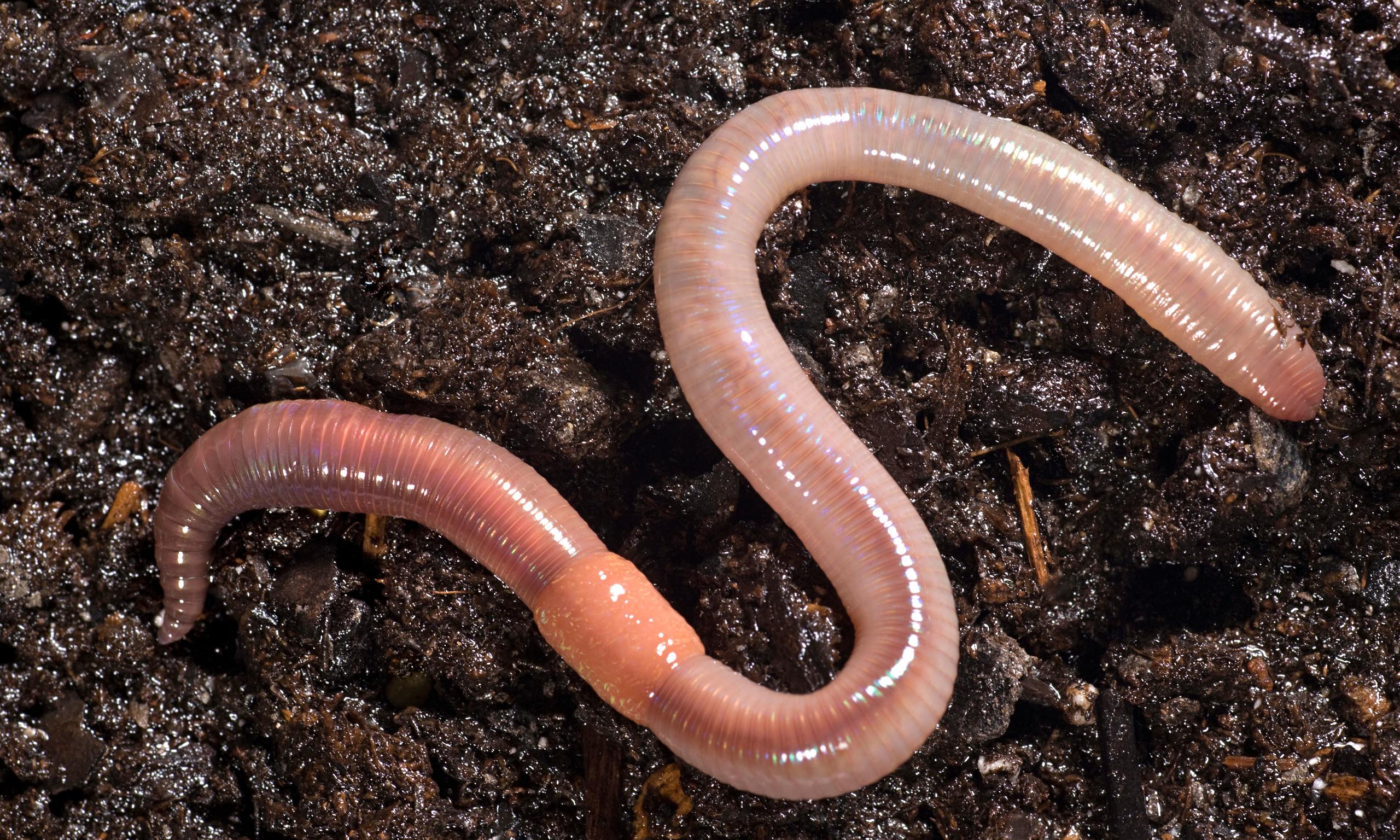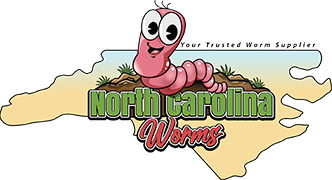Getting The North Carolina Worms To Work
Getting The North Carolina Worms To Work
Blog Article
The 8-Minute Rule for North Carolina Worms
Table of ContentsAll about North Carolina WormsThe Greatest Guide To North Carolina Worms3 Simple Techniques For North Carolina WormsIndicators on North Carolina Worms You Should Know
Instance: 1-gallon of worm castings to 4 gallons of potting mix. Do NOT make use of a potting mix that has chemical fertilizers in it. Review the labelit will state. 1/2 mug in all-time low of the growing hole for smaller sized plants. 1 mug for larger plants. ie. tomatoes, environment-friendly peppers, summer squash, and so on.
The addition of tea can also include raised microbial biomass to your soil. You can always side-dress your plants with worm spreadings at any time. Just remember, the microorganisms will pass away if revealed to UV rays (Sun), so be sure to cover the spreadings with an inch or two of dirt.
This frustrated them for years until the screening methods ended up being much better. It would certainly get much better(with even more castings), degree off, and then decrease. Too lots of worm castings would speed up the development to a pace that the plant might not recoup from.
The 2-Minute Rule for North Carolina Worms
I have clarified the merits of worm castings for regarding 2000 words. Worm castings are no various. It takes time to create quality worm castings.
You can purchase them which leads to second. Worm spreadings absolutely set you back more than chemical fertilizers. Worm castings are on the less costly end of organic fertilizers. You will certainly have to choose what is a lot more essential. It is simple to create percentages of worm spreadings. (50 gallons per year) It is a much tougher and really expensive financial investment to generate big amounts of worm castings (Lake Rhodhiss Bait).

Producing a healthy dirt might be the biggest benefit of worm spreadings. We discussed worm castings NPK and additionally the appropriate nutrient evaluation that ought to use to worm castings.
Not known Facts About North Carolina Worms
We spoke concerning some of the negative aspects linked with worm castings. I covered a lot of material in this article.
The vertical burrows are usually open, although the worms top the leading with residue and excrement. The vertical burrows are very essential points of entry for quick water infiltration right into the dirt, specifically in no-till systems. Air-filled porosity is critical in aiding plant origins to grow. Origins need oxygen for their growth, whereas they create carbon dioxide that needs to leave the dirt.
Earthworms raise porosity by 2 systems: (1) by creating long-term burrows, and (2) by boosting soil aggregation. Gathering is boosted by the mixing of dirt and raw material in the earthworms' digestive tracts. North Carolina Worms. These extremely secure aggregates are transferred by some earthworms in their burrows, and by others at the surface area of the soil


In another research study, earthworms were approximated to eat 4 to 10 percent of the top 6 inches of the soil yearly. This only mosts likely to reveal the substantial quantities of soil that can be processed by earthworms. Soil compaction decreases the porosity of the soil. Due to the fact that earthworms increase porosity, they decrease the impacts of compaction.
North Carolina Worms - Questions
Typical earthworm populaces can conveniently take in 2 loads of dry issue per acre each year, partly digesting and blending it with dirt. The significance of earthworms to mix surface area deposit with soil becomes really clear in soils that do not have any earthworms. Many of our Pennsylvania dirts have at the very least some earthworms, and the impact of their complete lack, as a result, can not be noted.
(https://www.zipleaf.us/Companies/North-Carolina-Worms)In these soils, the formation of topsoil with sensible raw material material did not occur, leading to bad plant growth. When the cause was established, the government of the Netherlands started a campaign to introduce earthworms. After the intro of the earthworms, a dark topsoil layer was created, and plant development boosted considerably.
They live largely from partially decayed organic matter that is already incorporated in the dirt. These species consume big quantities of dirt that they mix with digested plant deposit in their digestive tracts.
Their burrows stay open, although they cap the leading with crop residue that they draw to the entryway. These species consume considerable amounts of dirt that they combine with digested deposit in their digestive tracts. Their excrement is primarily transferred at the surface of the dirt. The nightcrawler Lumbricus terrestris is the most prominent participant of this group.
Report this page